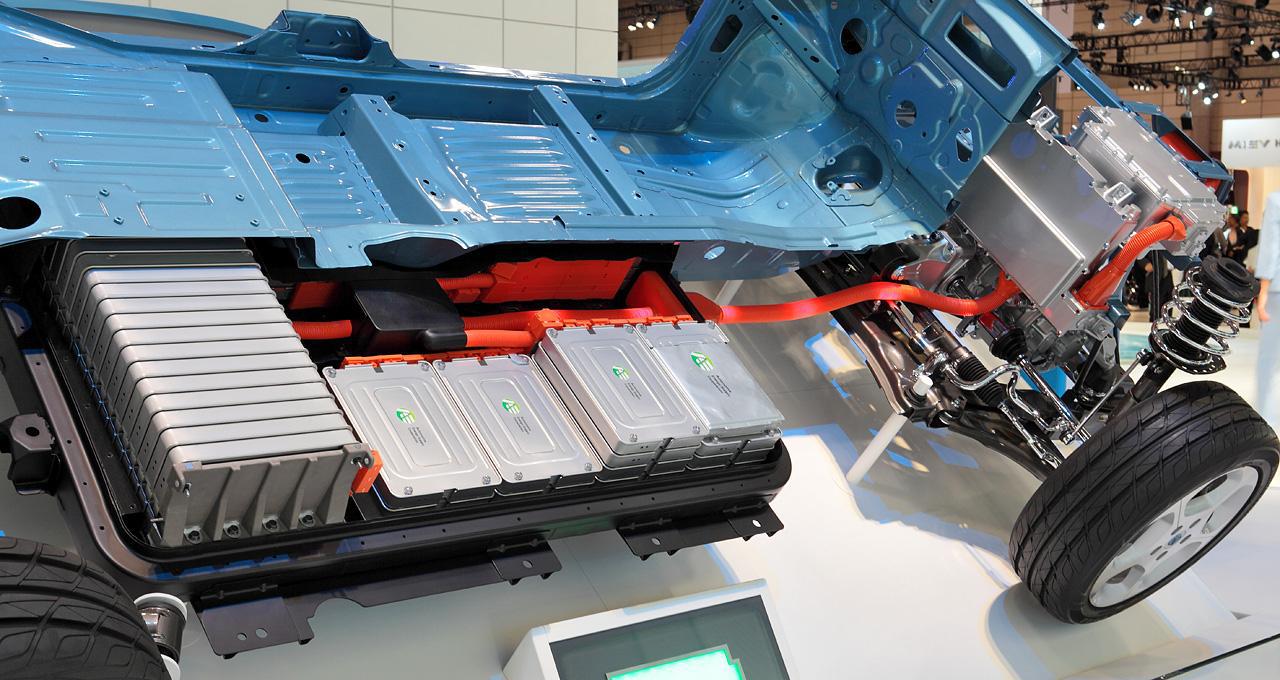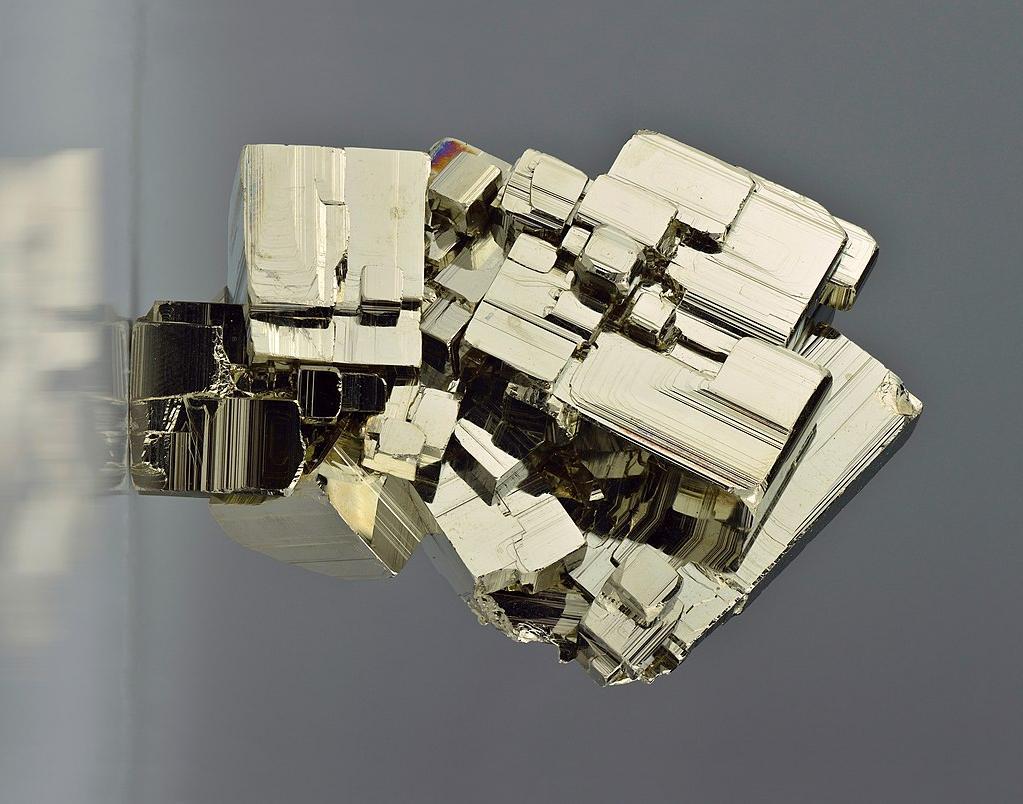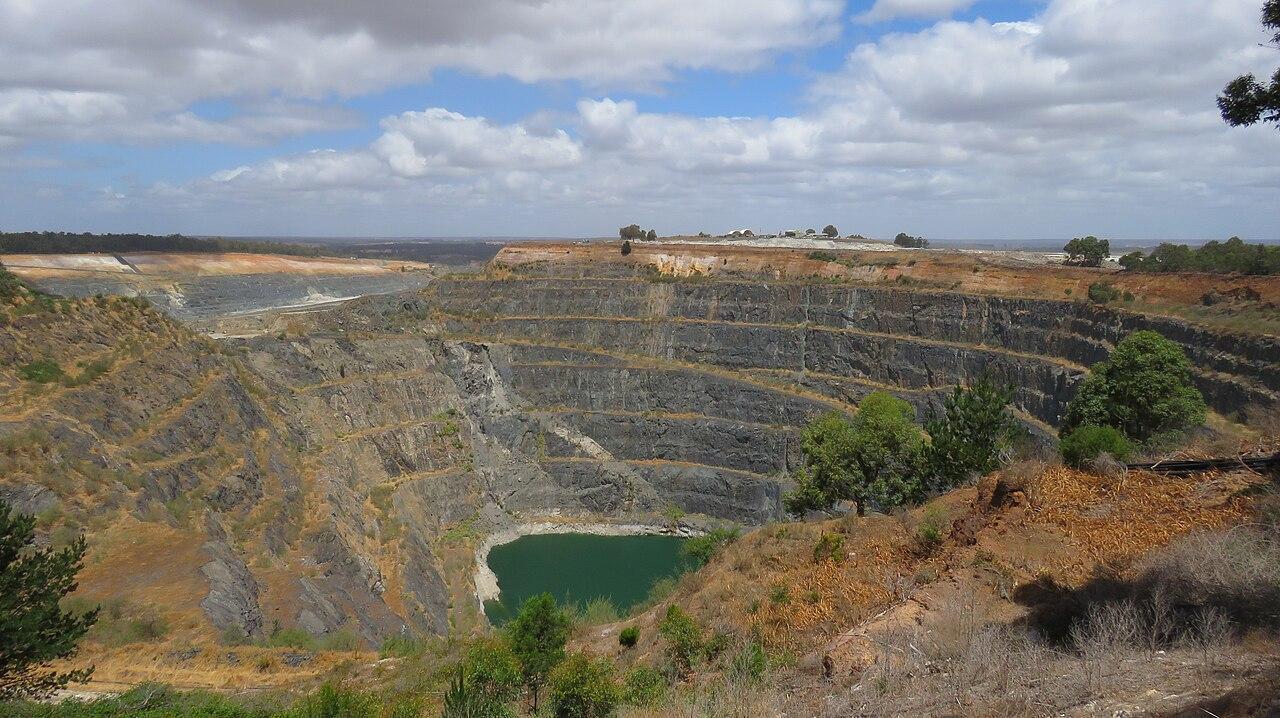Cleaner Energy: Researchers Make Surprise Discovery About Byproducts From Drill Sites
A team of scientists from West Virginia University has unveiled an innovative approach that could significantly impact the future of technology.
Scientists have made a groundbreaking discovery, suggesting that waste from old mining sites could be a game-changer as an untapped source of Lithium, a crucial component in the production of batteries for electric vehicles, smartphones, and other technological devices.
Modern Battery Technology
Modern battery technology plays an integral role in the world’s attempt to shift away from fossil fuels and towards a more sustainable future. Currently, lithium-ion batteries are the most conventional and are used in the production of electric vehicles, smart devices, and a plethora of other new-age inventions.

Source: Wikimedia
While lithium, the essential ingredient in sustainable batteries, can be found in numerous places worldwide, the spike in demand has increased the urgency to discover alternative and sustainable sources.
Researchers Make Fascinating Discovery
A team of researchers working out of West Virginia University released a study that indicates that organic-rich shale, left behind from mining operations, could become a suitable source of lithium.

Source: Freepik
The scientists came across the discovery after conducting a comprehensive study that involved sampling 15 different types of sedimentary rocks from the Appalachian basin. They discovered a high lithium content in pyrite minerals in shale, a finding that was consistent across all the samples.
Scientists Share Their Findings at European Conference
According to Shailee Bhattacharya, a sedimentary geochemist who worked on the study, “This is unheard of.”

Source: Freepik
Bhattacharya and several members of his team shared their findings at the recent European Geosciences Union (EGU) General Assembly 2024 in Vienna.
What Does the Discovery Mean?
The team found that even rocks containing small amounts of lithium, up to 50% of the mineral, could be extracted from the pyrite, per Interesting Engineering. Ultimately, the more pyrite in the rock, the more lithium can be extracted.

Source: Wikimedia
The breakthrough essentially means companies will be able to obtain lithium without creating new mines or increasing waste. They will be able to utilize the shale and pyrite left behind at old oil sites.
No New Mines
Bhattacharya is convinced the work completed by her team is promising. She even hinted that certain shales could become the new source of lithium without the necessity of new mines. “This is a well-specific study,” she added.

Source: Wikimedia
“We can talk about sustainable energy without using a lot of energy resources,” the scientist noted.
Lithium-Sulphur Batteries
While there is still more research to be completed on the link between sulphur-rich pyrite and lithium, engineers have already begun thinking ahead to the future.

Source: Wikimedia
One innovative idea could see the creation of lithium-sulfur batteries, which may replace the more common lithium-ion versions in the future.
Bhattacharya Aims to Better Understand Pyrite-Lithium Connection
Bhattacharya claims she is still trying to fully understand the extent of their discovery, stating, “I am trying to understand how lithium and pyrite could be associated with one another.”

Source: Wikimedia
Nonetheless, the research is fairly confident in suggesting there is evidence that organic-rich shale could potentially yield more lithium due to the interaction between pyrite and lithium.
Increased Shortage of Lithium
While extensive lithium deposits exist throughout the world, the global marketplace is experiencing a shortage, which has led to a considerable increase in the price, according to the University of Houston.

Source: Wikimedia
China has long been one of the world’s leading exporters of the mineral. In 2020, the price per ton was around $6,000. This has since increased to around $70,000, which showcases the need for new sustainable sources.
The University of Houston Conducts Research
A team from the University of Houston led by Kyung Jae Lee discovered lithium in water, a byproduct of oil extraction.

Source: Wikimedia
“We found lithium in the petroleum-based rock brines, which opens new pathways to address the shale plays as a substantial source of lithium, given that they are ubiquitous in the U.S.,” Lee said.
Extracting Lithium From Brine
Lee is now working with a Pennsylvania-based lithium processing company to extract the mineral from the water.

Source: Wikimedia
“The U.S. has only one active brine mine to produce lithium, so there’s a push to get critical minerals like lithium from unconventional or existing sources; that’s what we’re trying to figure out, so it’s timely research,” Lee said.
The Greener Effects of New Innovations
The new innovations in the lithium market, such as the discovery of lithium in organic-rich shale and petroleum-based rock brines, can help bring the world closer to a sustainable future.

Source: Wikimedia
These innovations could significantly reduce the environmental impact of lithium mining while also accelerating the transition to clean energy by ensuring a stable supply of lithium for battery production.
